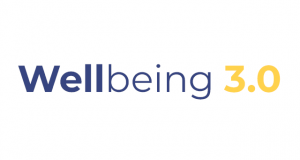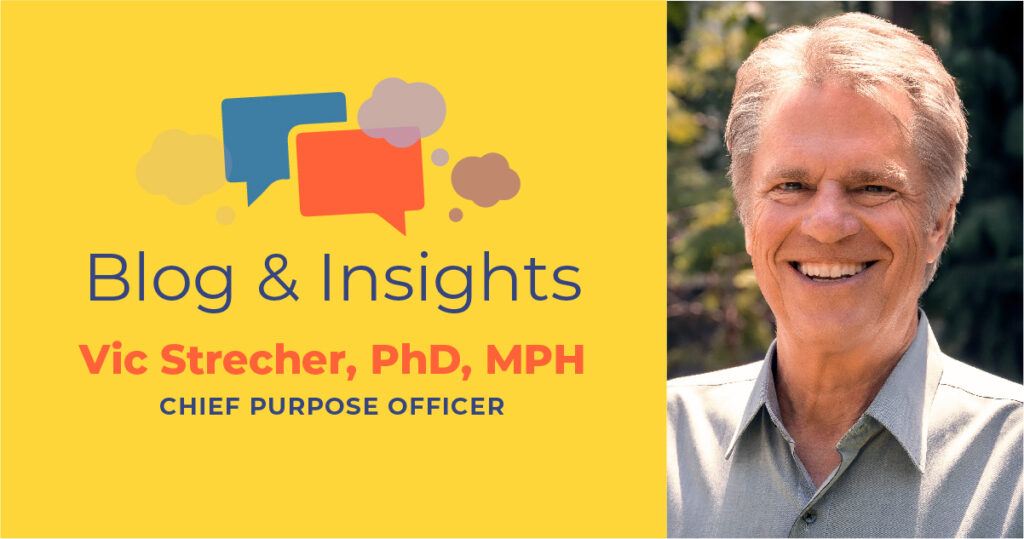

What is a Family?
The U.S. Health Resources and Services Administration (HRSA) defines family as “a group of two or more persons related by birth, marriage, or adoption who live together.” This month – Lesbian, Gay, Bisexual, Transgender and Queer (LGBTQ+) Pride Month – got me thinking about the many LGBTQ+ individuals who’ve been rejected by their traditional families.
As Dr. Bob Carr states in his blog this month, belonging is a basic human need. Yet many LGBTQ+ individuals struggle to find social connection. Those who’ve experienced rejection from family members have far higher rates of suicide attempt. Individuals who identify as LGBTQ+ are at least twice as likely to have mental health challenges compared with heterosexuals. Part of this association is due to age. More young adults identify as LGBTQ+, and younger age is strongly associated with stress, anxiety, depression, and use of mental health resources. But the stressors faced by the LGBTQ+ community go far beyond those that are age-related.
In our January 2023 Kumanu-Harris Purpose Poll, we found that LGBTQ+ individuals feel less socially connected compared to heterosexuals. This is after statistically adjusting for age. We also find, as many others have, that lack of connectedness is associated with anxiety, burnout, and depression. Along with greater social isolation, LGBTQ+ individuals, again after adjusting for age, report lower levels of emotional self-regulation, life purpose, and hope for the future.
Are there ways we can build these characteristics, particularly among this group who is often rejected by their family? James Huynh at the Fielding School of Public Health at UCLA expands the term “family” to include “chosen family,” which he describes as:
“…a family that is not necessarily blood-related, but rather created from forming non-biological kinship—has been popularized in the LGBTQ community as a response to the violence inflicted upon LGBTQ people when they choose to disclose their sexual and/or gender minoritized identities to their biological family.”
Certainly LGBTQ+ organizations can build a sense of family. Can other institutions do the same? How about the place most of us spend most of our waking hours? Could the work environment become a chosen family to some? Emile Durkheim, the father of modern sociology thought so, stating in his 1897 book Suicide.
“Indeed, [corporations] are made up of individuals attached to one another by no bond, with only superficial and intermittent relations, even inclined to treat each other as rivals and enemies than as cooperators. But when once they have so many things in common, when the relations between themselves and the group to which they belong are thus close and continuous, sentiments of solidarity as yet almost unknown will spring up…”
Not all of us will find the workplace creating “sentiments of solidarity as yet almost unknown,” but many workers have few other sources of connection and belonging. This may be particularly the case in the LGBTQ+ community, where connections with traditional family may be strained.
For specific recommendations for doing this, I’d recommend Dr. Bob Carr’s blog for this month!
About the Author

Vic Strecher, PhD, MPH
CEO and Chief Purpose Officer, Kumanu
Vic Strecher (PhD, MPH) is a leader and visionary in the fields of purpose and wellbeing, creating new solutions that operate at the intersection of the science of behavior change and advanced technology. In 1998, Vic created Health Media pioneering Web-based “digital health coaching.” Since January 2014, Vic has given keynote presentations about the role of purpose in life, energy, and willpower to over 1,500 organizations, providing him the opportunity to not only respond to the growing interests of the market, but to also continue to help shape it. In late 2015, Kumanu (formerly JOOL Health) was launched as a major paradigm shift in how individuals engage in the pursuit of purpose, meaning and wellbeing while offering organizations a more insightful means to support positive culture and behavior change.
